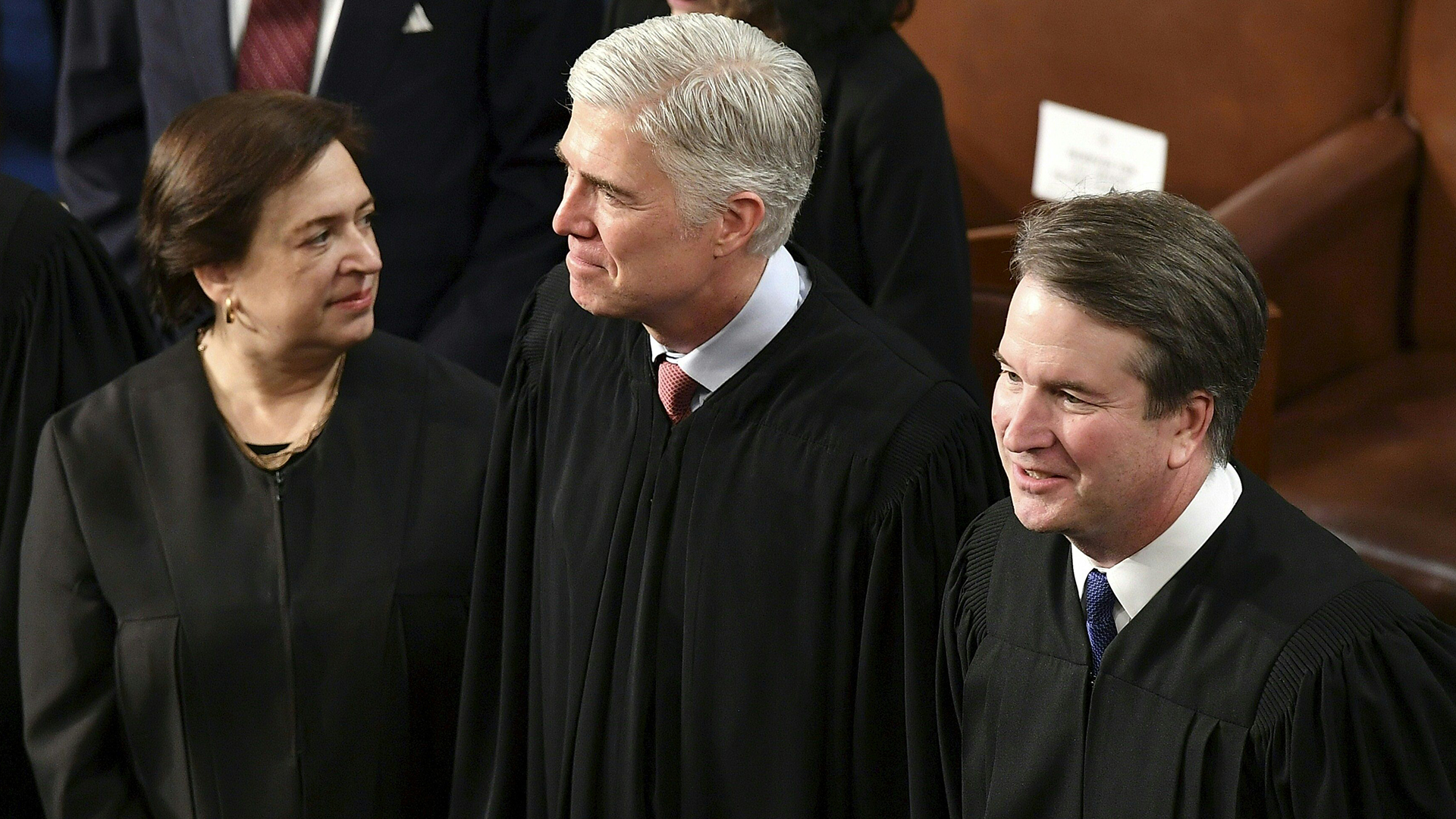OPINION: This article may contain commentary which reflects the author's opinion.
The Supreme Court has issued an 8 – 1 decision that says the residents of Puerto Rico are not entitled to SSI disability benefits.
The justices ruled in favor of President Joe Biden’s administration in deciding that Congress was within its authority to not include the territory in the Supplemental Security Income program decades ago, Reuters reported.
The decision means that an estimated 300,000 people on the Caribbean island cannot receive the benefit. The federal government said an expansion to Puerto Rico would have cost $2 billion a year.
The court held in an opinion by conservative Justice Brett Kavanaugh that the actions of Congress were valid under a provision in the Constitution that lets lawmakers treat territories differently than states. Liberal Justice Sonia Sotomayor, whose parents are from Puerto Rico, was the sole dissenter.
A provision extending SSI benefits to Puerto Rico is part of Democratic-backed social spending legislation that has stalled in Congress.
Puerto Rico resident Jose Luis Vaello-Madero, who is 67 years old and disabled, received SSI benefits when he lived in New York but lost eligibility when he moved to Puerto Rico in 2013. The U.S. government sued Vaello-Madero in federal court in Washington in 2017 seeking more than $28,000 for SSI payments he received after moving to Puerto Rico.
A lower court ruled that Puerto Rico’s SSI exclusion violated the Constitution’s equal protection mandate, prompting the government’s appeal.
“In devising tax and benefits programs, it is reasonable for Congress to take account of the general balance of benefits to and burdens on the residents of Puerto Rico,” Justice Brett Kavanaugh said in the decision for the majority. “In doing so, Congress need not conduct a dollar-to-dollar comparison of how its tax and benefits programs apply in the States as compared to the Territories, either at the individual or collective level.”
The only dissenting vote was that of Justice Sonia Sotomayor whose parents were born in Puerto Rico.
“Equal treatment of citizens should not be left to the vagaries of the political process,” the justice said.
“Because residents of Puerto Rico do not have voting representation in Congress, they cannot rely on their elected representatives to remedy the punishing disparities suffered by citizen residents of Puerto Rico under Congress’ unequal treatment,” she said.
But residents of the island of Puerto Rico do not pay many of the same federal taxes as those in the 50 states do, like federal income tax.
CNN Supreme Court analyst and University of Texas School of Law professor Steve Vladeck said the case is “a big deal both for what it holds and for what it opens the door to.”
“The core holding is that Congress is allowed to withhold certain federal benefits from Americans who live in territories like Puerto Rico so long as it has any rational basis for doing so and that no special justification is required,” he said. “That makes it far easier for Congress, a body in which the territories are not represented, to treat residents of those territories differently from those who live in the states – not just for Supplemental Security Income, but for all federal benefit programs, like Social Security, Medicare and other entitlements funded at least in part by taxes paid by those living in those territories.”
CNN reported:
Hermann Ferré, a lawyer for Vaello-Madero, said the program was meant to replace “an uneven patchwork of programs” for the disabled with a “uniform standard of national support” so that poor and disabled Americans could live with dignity.
“But that guarantee is not enjoyed by all Americans,” he said, arguing the court should look at the elimination suspiciously because it excludes Puerto Ricans based on their race.
The Biden administration had defended the exclusion, noting that most Puerto Ricans are exempt from federal taxes, so Congress could take into consideration that reduced contribution when excluding them from some disability benefits. A government lawyer stressed that it would be up to Congress to extend the benefits, and President Joe Biden has already called on Congress to do so.
“It is always appropriate for Congress to take account of the general balance of benefits and burdens associated with a particular federal program,” Deputy Solicitor General Curtis Gannon told the justices at oral arguments.
